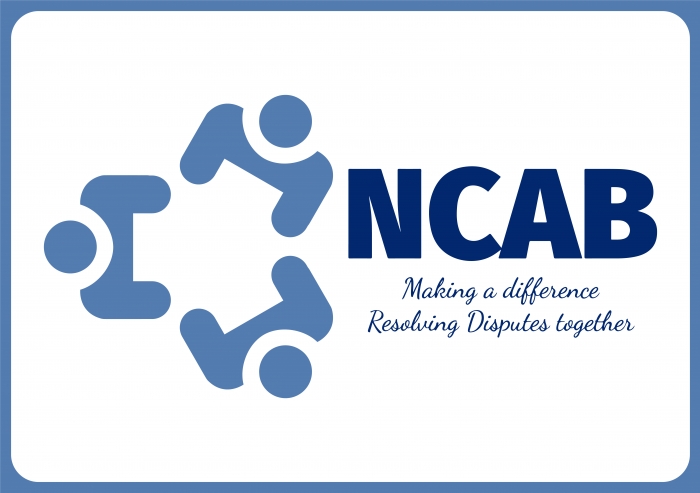In 1993, the United Nations proclaimed this day to raise awareness of issues faced by families throughout the world. This day reflects on the importance that the international community attaches to family and to increase knowledge of the social, economic and demographic processes affecting families.
This has become even more apparent during the Covid-19 Pandemic.
In early 2020, families were launched into sudden and unexpected change with the onset of the Covid-19 pandemic. Families have experienced changes to their working lives, which as a result, had an impact on their lives at home and ultimately led to enormous stress. Some of the examples of what families may have experienced are:
• Loss of a family member or friend and inability to grieve due to the pandemic.
• Home schooling adding pressures on families and disruption to children’s education.
• Social isolation: Several families have not been able to see their children and/or grandchildren, together with the lack of contact with friends at Jamatkhana has led to isolation.
• Financial pressures: The Covid-19 pandemic has led to unemployment and several employees on furlough. Some have had to acquire alternative skills to support themselves or their families.
• Mental health: Most importantly, the stresses and emotions that we have all been through can affect our mental health, which can lead to adverse emotions within families.
• Disharmony within families: All the above pressures and stresses can affect unity within families and lead to misunderstandings and disputes.
On this day of International Day of Families, let us reflect on how families have been affected by the current pandemic and work towards unity and harmony within our families.
The National Conciliation and Arbitration Board promotes Unity and Harmony within families and the Jamat. Please contact NCAB or any of our Institutions if you require assistance.








